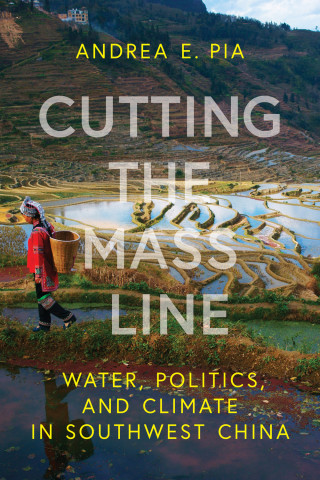
Reviews
Tessa Farmer's intrepid fieldwork reveals the many ways potable and sewerage water connects people to place, to the state, to their neighbors, and to the moral order. One might add the profound connection this compassionate ethnography makes with its readers. This is anthropology at its finest.
Farmer paints a vivid portrait of how residents of an informal Cairo neighborhood access water and dispose of waste. Connection to drinking water and sewage systems, Farmer shows, both depends upon and helps constitute social, material, and moral relations. A brilliant and novel insight into the everyday dimensions of urban water in the Middle East.
Bringing together the material, the social, and the sensory in exciting ways, this wonderfully rich ethnography will quickly become part of the canon in the anthropology of Egypt. Beyond that, Well Connected speaks to so many other fields, including water and infrastructure studies, urban studies, and political and legal anthropology. The ethnographic vignettes in the book are so well-written and evocative that they truly capture everyday life in neighborhoods like Ezbet Khairallah in Cairo.
Well Connected is a masterful ethnographic analysis of the specific forms of sociality and everyday politics that emerge around water. Readers of this book will marvel at Farmer's ability to demonstrate the labors, significance, and ramifications of the minutiae of the everyday. And they will be forced to rethink what it means to do multi-scalar analysis around kin relations, speech, and embodiment in relation to water in urban Egypt and far beyond it.
Book Details
1. Introduction
2. Sowing Connection
3. Locating Connection
4. Hedging Connection
5. Sensing Connection
6. Conclusion: Gathering Connection
References
Index






